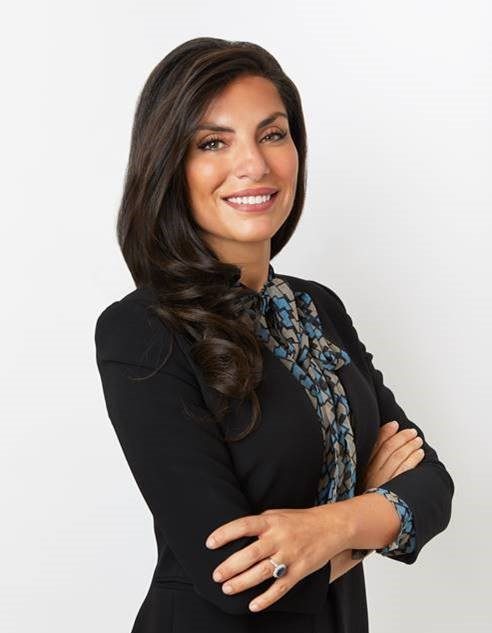At this time of year, people are usually making plans for the summer – where to go for their holidays, which countries to visit. But, as no one needs reminding, there is nothing usual about this year.
In the second of the Flow Talk series running throughout this month, clinical psychologist Dr Saliha Afridi proposes taking another kind of journey – an inner journey.
Now is the perfect time to “harness the energy of Ramadan” and take stock of our lives, she says.
“What blocks have you put on yourself? Is there too much physical and emotional clutter in your life? Now is the time to exercise self-compassion, to listen to your inner voice and decide what to take with you as you go forward.”
Clearing physical clutter seems obvious enough, but it Involves more than merely going through your cupboards and throwing out the old clothes you no longer want.
“I, for one, am really affected by my physical space,” says Dr Afridi. “When you enter a space with minimalist décor, you feel lighter. Things can weigh us down. I’m not talking about getting rid of everything, but many of us tend to hold on to too much. We need to create a physical space inside our lives, somewhere you can sit with yourself. It is really a sacred practice and takes time.”
Setting boundaries and preserving that space for yourself is even more vital during this period of self-isolation, when we are obliged to share our physical surroundings with others all day long.
Clearing out emotional clutter is a trickier exercise, however.
“It means not holding on to old grudges and thinking about who we need to forgive,” says Dr Afridi. “It means letting go of expectations and not spending so much time and energy on just wishing.”
Getting rid of toxic relationships also belongs on that list, she adds.
“Are there people in your life who put you down, who are harsh and critical, who make you feel less? It could be someone who is very close to you — an aunt or uncle, for example, and they might have their own wounds.”
The kind of self-examination required for emotional decluttering and better mental health can be fraught. What if it leads some to conclude that the most toxic relationship in their life is with their spouse? Certainly a possibility, but Dr Afridi stresses that it doesn’t mean the only solution is to walk away from a marriage.
“You have to evaluate the relationship and your own part in it, because people don’t always take responsibility for that. What is it within you that contributed to the relationship not working well? What can you change? We need to learn that not every fight is worth it. Sometimes you have to drop the rope – if you drop the rope then there’s no tug-of-war.”
Dr Afridi came to psychology via cultural anthropology, the subject of her first degree in the US.
“I was curious to know people’s stories and from there, the next step was learning about the psyche.”
In 2011, she founded The Lighthouse Arabia, a mental health and wellness center in Dubai, where she and her team treat people of all ages with all manner of problems. She is also active in educating and raising awareness of mental health in the UAE where, as in many countries, seeking therapy is often perceived as weak, especially among men.
Dr Afridi has little patience with that view.
“Frankly, we need to get over it. I always say the greatest players all have coaches. A psychological coach means you have someone who is objective to walk through life with you. I have a therapist. My kids all have therapists and I’m proud of it, because I want to equip them with emotional intelligence and the emotional vocabulary to express themselves.”
The restrictions imposed by Covid-19 have not lessened her workload, which she says is still “full on” with online and phone consultations.
“Depression and loneliness existed before Covid-19, but stress is at a level never seen before. We started seeing this back in October. The air was pregnant with tension and I kept saying, this cannot be sustained. We are bankrupt with stress and burnout.”
Social media is a major culprit, she adds.
“In one day, we now consume more information than people living in the 17th century consumed in their whole lives. We are not calming or pausing and stress is the retaliation.”
But she remains “very hopeful” that the problem can be – and is being – addressed in the UAE.
“There is support for mental health – we actually have a happiness minister. We can change the perception of therapy and view it as a preventative measure, like seeing a dental hygienist regularly to avoid needing a filling later.
“The experience with Covid-19 has propelled people into the future. It’s taken something like this to show us that it’s time to let go of archaic ways.”
To hear more from Dr Saliha Afridi, tune into the Flow Talks Series – Ramadan edition on @flowdubai via Instagram Live on Wednesday, May 13 from 5pm to 6pm. Flow Talks continue every Wednesday throughout May.






